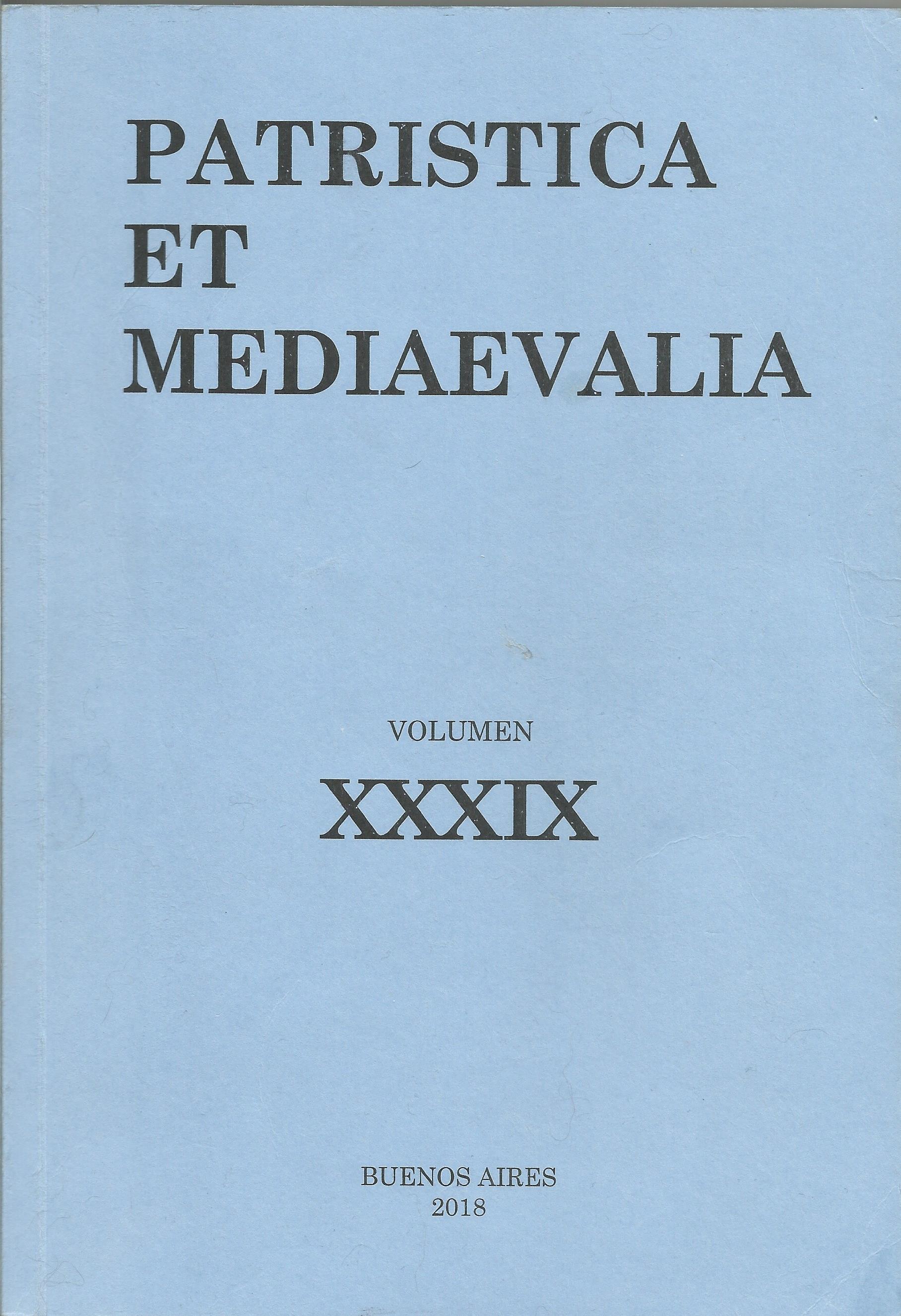Noetics and Ontology of the Natural Law in ST I-II ae q. 94 a. 2
Abstract
In the first place, the paper shows implicit difficulties within the treatise De lege (ST I-IIae qq 90-108). Then the author focuses on Thomas’s noetics and ontology of natural law as presented in ST I-IIae q. 94 a. 2. The author’s central thesis is that (1) in this article Thomas presents his ideas on the normativity of natural law as if they were analytical judgments, and hence, necessarily true; (2) from then on, Thomas attributes necessary rationality to the data of experience.Downloads
References
De Boni, Luis A. (2000). El tratado De lege de Tomás de Aquino: una reflectora de las cuestiones sobre la ley divina. Patristica et Mediaevalia XXI, 58-75.
Copleston, F. C. (1960). El pensamiento de Tomás de Aquino. México-Bs.As: FCE.
Gilson, E. (1973). Eléments d’une métaphysique thomiste de l’étre. Archives d’histoire doctrinale et litterarire du Moyen Âge, 40, 7-36.
Vigo, A. (2013). Naturaleza, finalidad y normatividad según Aristóteles. Apuntes para una reconstrucción sistemática. En Corso, L., Soto-Bruna, M. J. & Zorroza, M. I. (eds). Concepciones de la ley natural. Medioevo latino y escolástica española e iberoamericana. Pamplona: EUNSA.
1. The authors who publish in this magazine accept the following conditions:
-
They retain the copyright and grant to the magazine the right of the first publication, with the work registered under the Attribution-ShareAlike 4.0 International License that allows third parties to use what is published as long as they mention the authorship of the work and the first publication in this magazine.
-
They can make other independent and additional contractual agreements for the non-exclusive distribution of the version of the article published in this magazine (eg. include it in an institutional repository or publish it in a book) provided that they clearly indicate that the work was first published in this journal.
-
They are allowed and recommended to publish their work on the Internet (for example on institutional or personal pages).
2. AutoArchive Conditions. Authors are allowed and encouraged to distribute post-print electronic versions of their manuscripts because it promotes their circulation, a possible increase of quotation and a major reach among the Academic community. Color RoMEO: blue.













